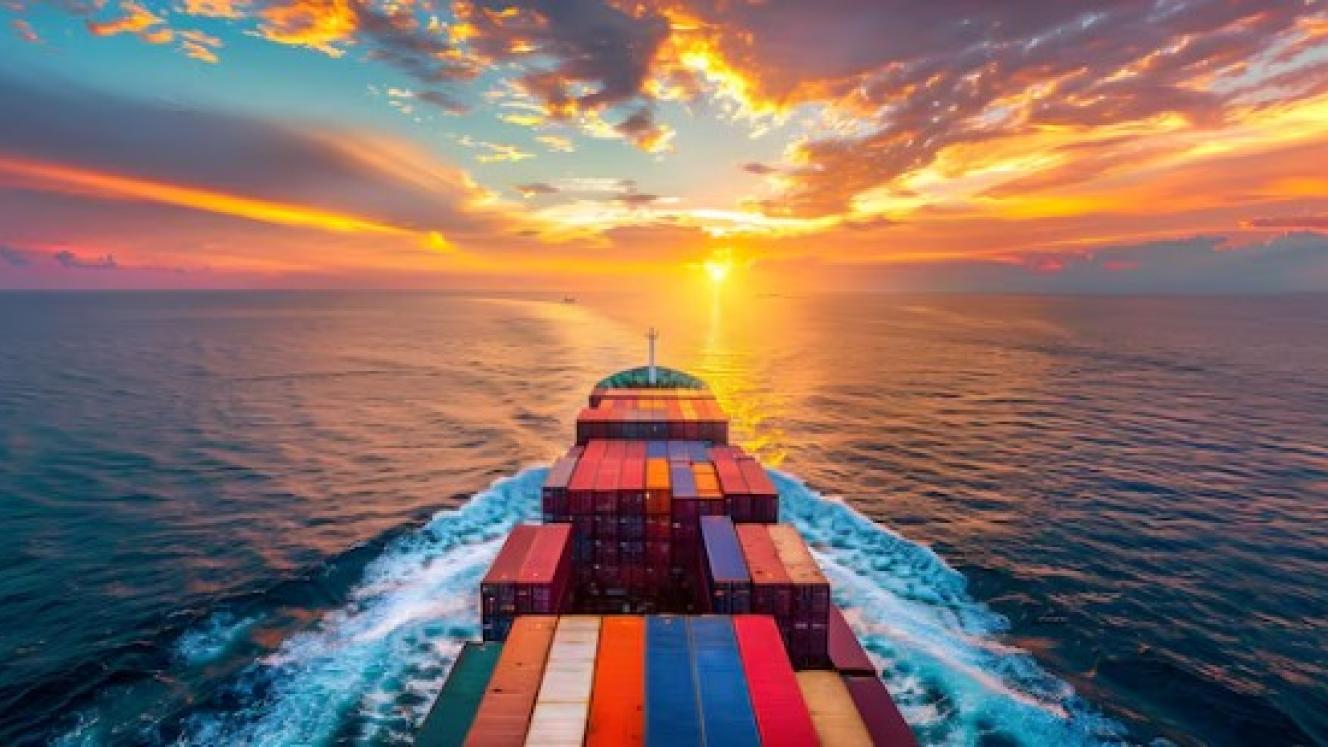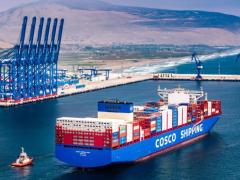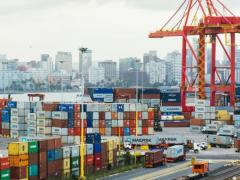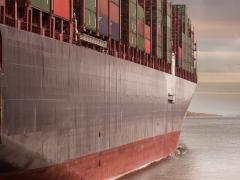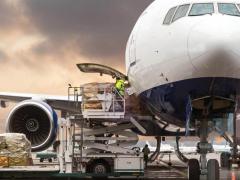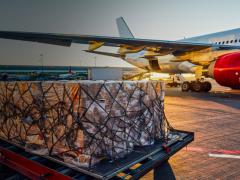Eleven percent of the value of goods, that’s what supply-chain security could cost, says Rob Stead of Rhenus Logistics South Africa.
Hence, in a financially constrained environment, it is understandable that importers will look for ways to reduce costs - and there’s often the temptation to cut back on security.
There are consequences though to inadequate security, the chief operating officer warns.
“Theft results in lost sales, but also has the potential for reputational damage should an importer’s brand be associated with a public incident.
“And, of course, our biggest concern is for the safety of staff members and the public that needs to be ensured at all times.”
Yesterday, for example, on South Africa’s busiest highway, the N3 linking the Port of Durban with hinterland supply destinations, a truck driver was held up at gunpoint at a toll plaza and robbed of his cell, cash, and other personal items (see post: https://tinyurl.com/2jx87pem).
Such incidents, especially truck hijacking on South African roads - which has increased by 32% according to German data aggregator Statista - underpin how important it is for cargo owners to carefully consider areas of risk mitigation, Stead says.
“Security awareness and agile, proactive risk management are essential.
“Importers needing to have their goods transported should partner with companies that have highly developed security protocols and systems in place, such as 24/7 camera surveillance.
“This will minimise risk and help them build more secure and resilient supply chains.”
He adds that the key to successful risk management is vigilance and agility in adapting cargo handling processes.

